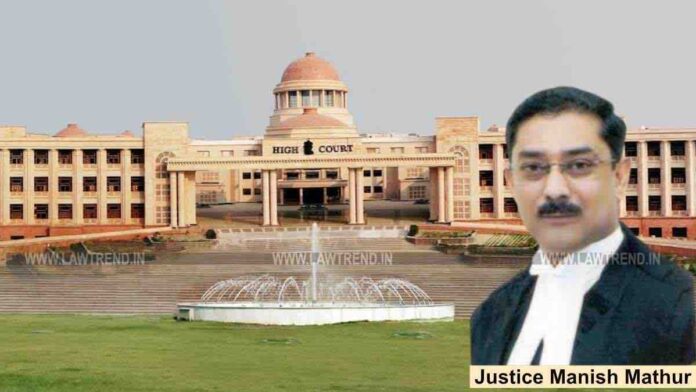The Allahabad High Court, Lucknow, has granted significant pension relief to a large group of U.P. state employees, ruling decisively that service rendered on a daily wage or work-charge basis prior to regularization must be counted as “qualifying service” for pension. Justice Manish Mathur, in a judgment delivered November 4, 2025, disposing of 78 writ
To Read More Please Subscribe to VIP Membership for Unlimited Access to All the Articles, Download Available Copies of Judgments/Order, Acess to Central/State Bare Acts, Advertisement Free Content, Access to More than 4000 Legal Drafts( Readymade Editable Formats of Suits, Petitions, Writs, Legal Notices, Divorce Petitions, 138 Notices, Bail Applications etc.) in Hindi and English.




